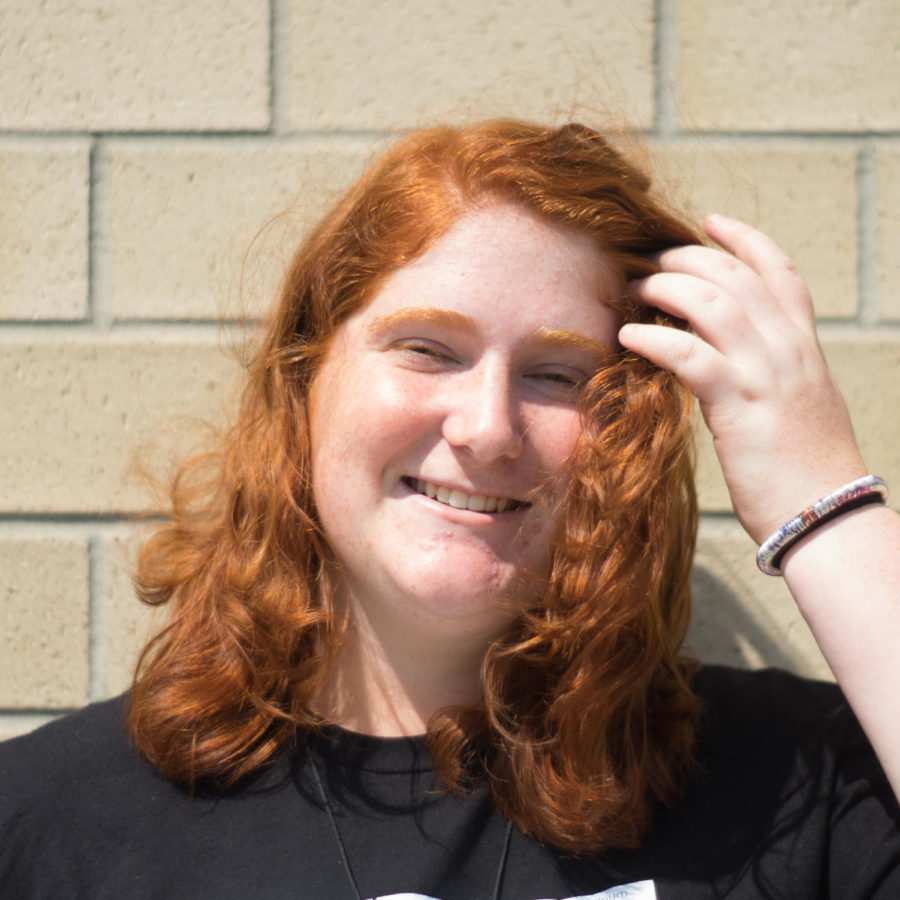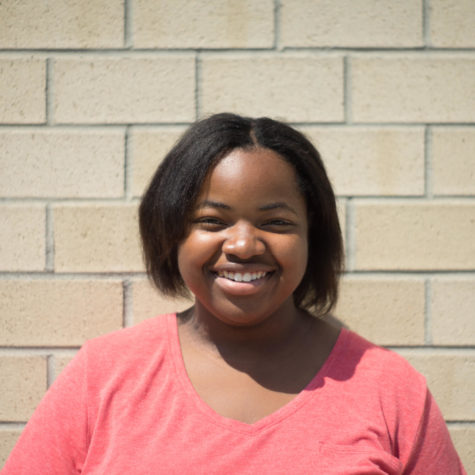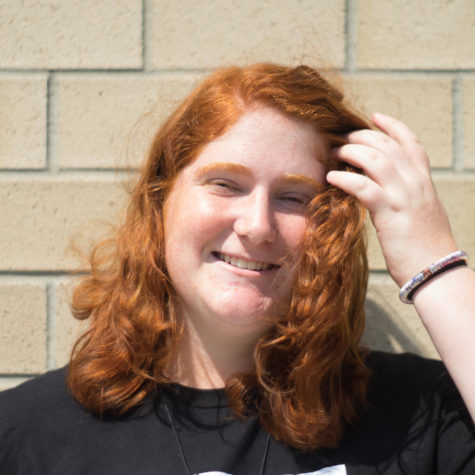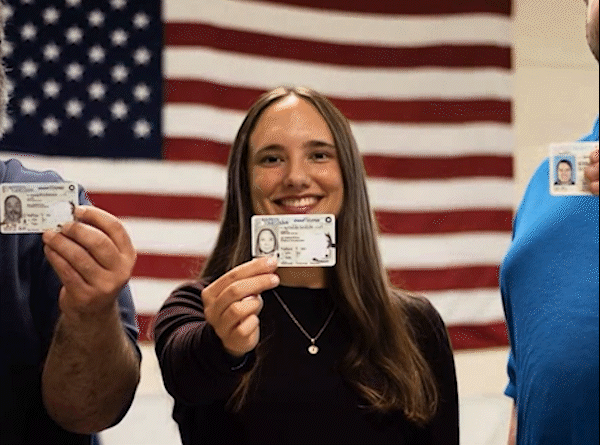Through My Eyes: Misgendering
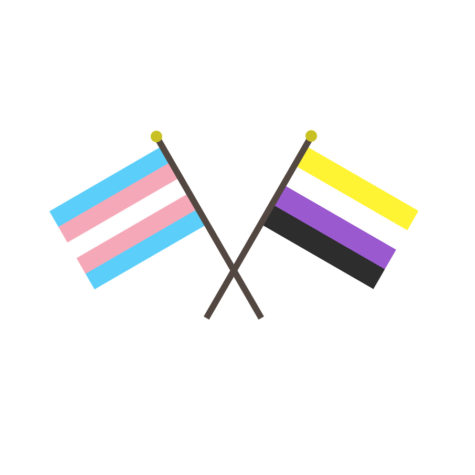
Walking through the parking lot up to the college dorms, feelings of anxiety engulfed my mind. “What are the people going to be like?” “What if I don’t know anyone?” “What if I hate these next two weeks?”
Over the summer, I went to an unfamiliar camp. When I arrived, I expected it to follow the stereotypical camp model: cliquey, overly-peppy, and based on camper-counselor comradery.
After getting settled in, we met in the common area for dinner, as well as to meet the other campers. After only five minutes, you could tell who were the new kids as opposed to the ones who had been going for multiple years already. Friends were grouped around each other, closer than normal, seeming to make up for time lost over the year.
The counselors said that we would introduce ourselves with name, pronouns and favorite ice cream flavor. The three things that matter most about a person, right? The point is, four people introduced themselves with they/them/their or he/him/his pronouns, as opposed to she/her/hers.
But what exactly counts as pronouns? When you’re talking with a friend or telling a story about someone else, do you use that person’s name every time you want to mention them? Of course not, it’s excessive and repetitive. Instead, just insert the word “they” or “them.” No need to worry about doing it, because everyone does this automatically, even if they’re aware of it or not.
People who identify as transgender or gender nonconforming commonly use different pronouns than the ones they’re born with. If their pronouns don’t match their traditionally masculine or feminine frame, it’s common respect to refer to them the way that they want to be.
For example, if your friend walks up with their friend and introduces you to them as the wrong gender, you would probably feel offended, right? Now imagine you didn’t feel comfortable as the gender you were born with, so you transitioned to fit the gender you were more comfortable with. Let’s say this scenario happened again. It’s the same circumstances, with one person offending another. Many people would brush this off as “no big deal,” when in reality, it can be extremely hurtful to the target.
This year, East Meck’s yearbook, the East Wind, has taken strides in correcting this issue. They are permitting people to use their preferred name, as opposed to their birth name. This is a huge jump forward in the climb towards equality and acceptance within the East community.
“If you don’t want to go by a ‘he’ or ‘she,’ we want to respect your wishes and cover you the way you want to be covered. We’ve gotten few submissions so far, but not many,” junior Morgan Pressley said. “We started this because one of the friends of the staff goes by different pronouns than PowerSchool states and we haven’t done it before. We’ll use their preferred name and when referring to them, we’ll use their requested pronouns.”
These are all steps towards equality, but they still aren’t enough. Transgender and gender nonconforming people still face discrimination in everyday life, and they don’t need anymore than they already get from their peers in a supposed “safe space.”
To make school a better experience for everyone, I propose that at the beginning of the year when classes first begin, every teacher asks for the student’s preferred name and pronouns. It helps rid the classrooms of student-teacher conflicts, and even if the teacher forgets something and needs to be corrected, it shows that they’re at least trying.
Your donation will support the student journalists of East Mecklenburg High School. Your contribution will allow us to purchase equipment and cover our annual website hosting costs.



